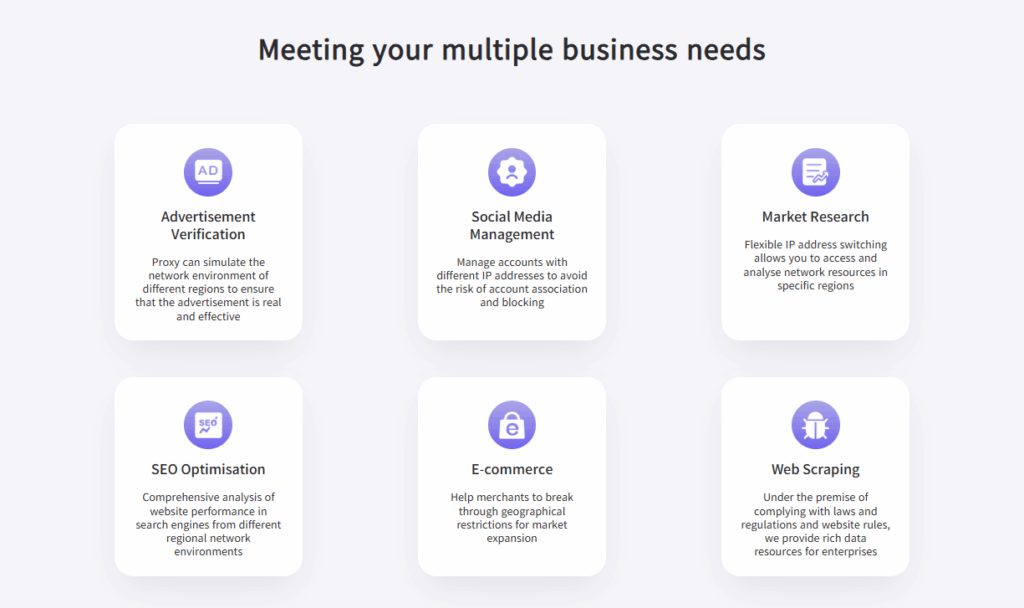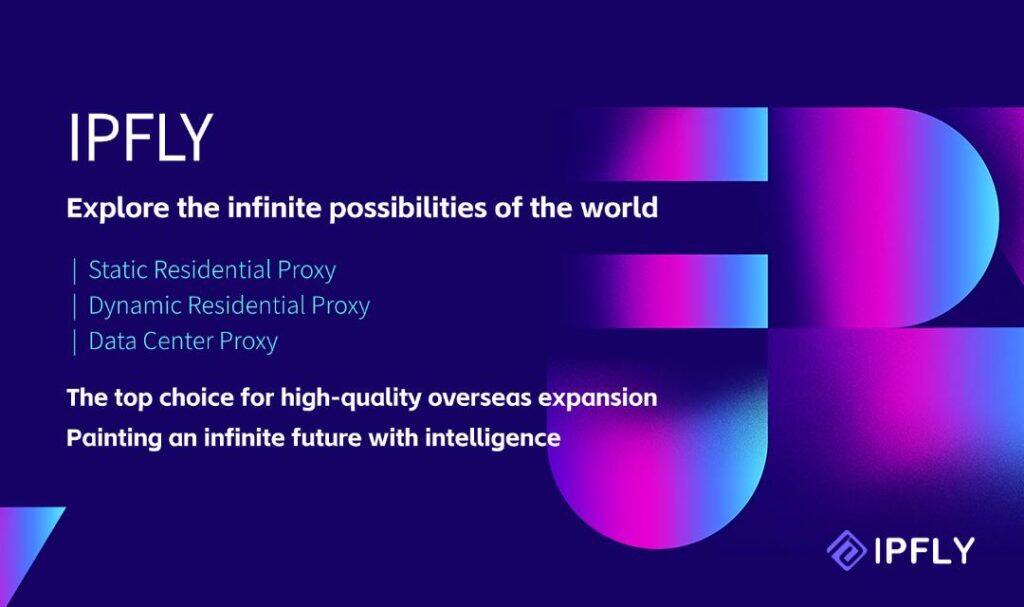In the growing world of data scraping, market intelligence, social media automation, and geo-specific ad testing, having access to reliable proxies can make or break your strategy. If you’ve done any research in this space, you’ve probably come across a provider called PlainProxies. While they’ve made a name for themselves in certain proxy circles, we think it’s time to take a closer look—not just at what they offer, but also at how other solutions stack up in terms of flexibility, reliability, and real-world performance.

What Is PlainProxies?
PlainProxies is a proxy service provider known for offering static residential IPs and dedicated datacenter proxies. Their platform is relatively easy to use and offers access to a modest pool of IP addresses. Some businesses and developers use them for tasks like sneaker copping, account creation, and limited web scraping projects.
But while PlainProxies might seem like a straightforward option on the surface, it’s important to evaluate what you’re getting—and what you’re missing—before committing.
Key Considerations When Choosing a Proxy Provider
When comparing proxy services like PlainProxies with other solutions, there are a few key features we always recommend looking at:
- IP Pool Size & Diversity: Can the provider offer truly global coverage and IP rotation?
- IP Type: Are the proxies residential, static residential, or datacenter? Each has its pros and cons.
- Success Rate: How often do requests fail due to blocks, CAPTCHAs, or bans?
- Ease of Integration: Do they support popular browsers, automation tools, and custom configurations?
- Scalability: Can the service grow with your business needs?
These metrics separate a serviceable proxy provider from one that can actually support long-term, high-volume operations.
How PlainProxies Performs in Real-World Use Cases
From what we’ve observed, PlainProxies tends to perform reasonably well in small-scale scraping environments and light-duty tasks. For example, some users report decent uptime and static IP reliability when using their services for account management or retail price monitoring.
However, for more demanding use cases—like real-time ad verification, heavy social media automation, or rotating global residential sessions—PlainProxies shows some limitations. Their IP pool isn’t as dynamic or geographically broad as some larger providers, which can lead to a higher rate of blocks or detection by target websites.
The IPFLY Approach: A Smarter Way to Handle Proxies
While PlainProxies might check the box for basic needs, many advanced users are looking for something more flexible and high-performing. That’s where IPFLY enters the picture.
At IPFLY, we’ve invested in building a large-scale proxy infrastructure with over 90 million IPs across 190+ countries and regions. Our three proxy types—dynamic residential proxies, static residential proxies, and dedicated datacenter proxies—are designed to handle everything from light scraping to global-scale marketing operations.
Here’s why more teams are switching from basic providers like PlainProxies to IPFLY:
- Massive Global IP Coverage: Perfect for ad localization, international SEO, and cross-border data access.
- High Success Rate: Our proprietary filtering and smart IP assignment tech deliver robust, stable connections.
- Support for Enterprise Tools: Seamless integration with anti-detect browsers, automation frameworks, and SaaS tools.
- Custom Proxy Rotation: Rotate by time, session, or URL—perfect for stealth tasks like managing multiple accounts.
Whether you’re verifying ads on TikTok, scraping public data for business intelligence, or testing geo-locked web content, IPFLY proxies offer the scale and consistency you need.
Why IP Type Matters More Than You Think
PlainProxies emphasizes static IPs—but this model doesn’t always suit fast-changing platforms. For example, if you’re running a multi-region campaign or managing several social media identities, a static IP could make you vulnerable to pattern detection or ban waves.
In contrast, IPFLY’s dynamic residential proxies give you access to real-user IPs from actual ISPs, which rotate automatically and mimic organic traffic. This significantly reduces the chance of being flagged or blocked, especially on sensitive platforms like Discord, Amazon, or Instagram.
Use Cases Where IPFLY Excels Over PlainProxies

Let’s break down some specific use cases where IPFLY’s infrastructure outperforms PlainProxies:
- Ad Verification: Real-time, location-based ad checks need IPs that reflect genuine user traffic. IPFLY’s residential pool makes this possible.
- Social Media Management: Managing accounts across regions? Dynamic rotation from residential IPs keeps your accounts safe and undetected.
- Data Scraping at Scale: Unlike PlainProxies, which can hit limits due to a smaller pool, IPFLY handles millions of requests daily without triggering bans.
- E-commerce Intelligence: For monitoring prices, products, or listings across multiple marketplaces, IPFLY’s IP diversity is unmatched.
What About Support and Reliability?
We’ve also heard concerns from users who feel PlainProxies support is hard to reach or slow to respond in critical situations. For businesses that rely on proxies for core workflows, that kind of uncertainty just won’t cut it.
IPFLY, on the other hand, is built for professionals. Our team supports all major payment methods, offers multi-language onboarding, and provides assistance through every step of the integration process. You can scale up, swap proxy types, or run A/B tests without dealing with complex limitations or poor support response times.
Pricing Comparison: Value for Long-Term Users
At first glance, PlainProxies may look more affordable—especially for static IP users—but in the long run, their limits can slow down your operation, increase your detection rate, and reduce your ROI.
IPFLY offers competitive, flexible pricing plans tailored to business use cases. Whether you’re running daily campaigns or managing thousands of requests per minute, you only pay for what you need—with no hidden bandwidth charges or limits on speed.
Final Thoughts: Don’t Settle for Plain When You Can Go Pro
Choosing a proxy provider is about more than just IP addresses. It’s about reliability, stealth, scalability, and support. While PlainProxies might serve some short-term goals, we believe tools like IPFLY are better suited for users looking to future-proof their workflow and unlock more use cases—from social automation to data intelligence.

Ready to Experience the IPFLY Difference? Join thousands of teams worldwide who rely on our residential and datacenter proxies for their daily operations. Try IPFLY today and see how better infrastructure leads to better results.


